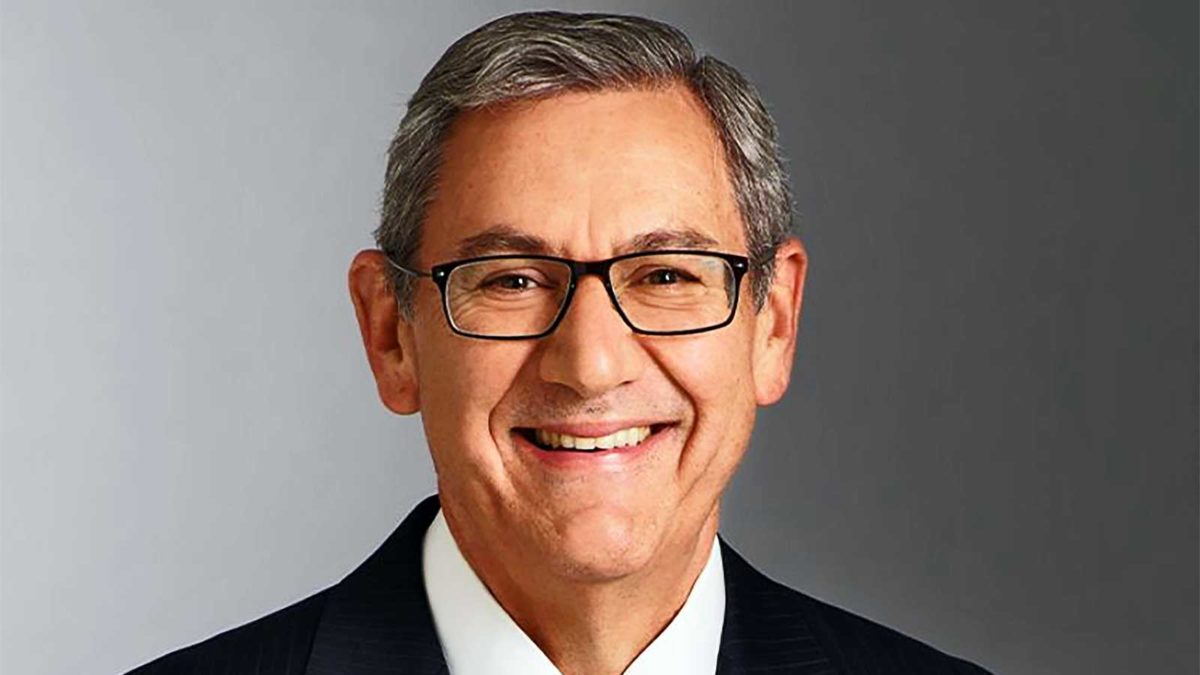ASIC ups ante on super ‘insider trading’
ASIC’s investigation into claims of insider trading at super funds keeps getting bigger as the regulator tries to ensure that “trustees are not abusing their positions.”
ASIC’s investigation into so-called insider trading at super funds had previously examined the switching behaviour of 67 trustees and executives, excluding all but four of them from its investigation after they determined that they didn’t profit from the trades or were not receiving inside knowledge.
The expanded investigation now captures another 60 individuals who did not switch their investments but who did make “other changes to their investment program, which (ASIC) thought were worth looking at.”
“It was… out of an abundance of caution that we wanted to ensure there wasn’t any inappropriate use of information that the trustee held,” ASIC commissioner Danielle Press told the joint committee on corporations and financial services on Friday (February 11).
“The types of things we broadened the scope to included: a trustee had changed their ongoing investment programs – so they might have been in a balanced fund but they had changed all ongoing contributions to cash. We wanted to ensure that that was an appropriate thing for them to do and that they were not inappropriately using information they had gained from the fund, as an example.”
But while ASIC chair Joe Longo says that “insider trading” provides a good shorthand description for the behaviour, he believes the matter at hand has more to do with director duties and how funds create confidence for members that “trustees are not abusing their positions and are not using information inappropriately.”
“What’s really going on here is a concern that ASIC had and that we’ve been working on. We see it more as a governance issue – managing conflicts around certain individuals having access to the information and then those conflicts not being properly managed when they switch investments within their fund,” Longo said in response to questions from senator Andrew Bragg.
“There is a whole range of considerations, when that switching occurs, that go to whether it is objectionable… But I think it’s important to say that it is not insider trading; it is a question of the management of conflict.
ASIC is now pressing super funds for policies and practices to ensure that “the appearance of taking advantage of information or timing of revaluation of assets doesn’t appear to be something that is inappropriate or unacceptable.”
Bragg has also submitted a number of questions on notice focused on the allegations to ASIC, including whether ASIC was previously warned about the “risks superannuation fund members face from trustees or executives engaging in insider trading” and whether Misha Zelinsky – a trustee of Cbus and Labor candidate who had been vying for preselection in the seat of Cunningham – was among the individual ASIC was examining.
Zelinsky wasn’t, and has now dropped out of the running due to unrelated issues.
“The idea that there would be insider trading in the compulsory super system would, I think, be a shock to many Australians, and that’s because this is a compulsory scheme established by the parliament to provide retirement benefits to Australians,” Bragg told ASIC at the senate committee. “So I think these matters that (ASIC) have done some good work on are of great interest to the Australian people.”











